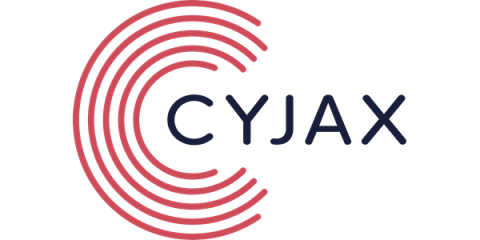T(AI)WANted: How the global surge in AI likely caused an increase in Taiwan-targeted cybercrime
Initial access brokers (IABs) facilitate access for ransomware groups, data brokers, and advanced persistent threat groups (APTs) into corporate networks. They operate in an established, lucrative market, often on cybercriminal forums which are characterised by rigid rules and conventions. Our report explaining the illicit activities of IABs can be viewed here.




